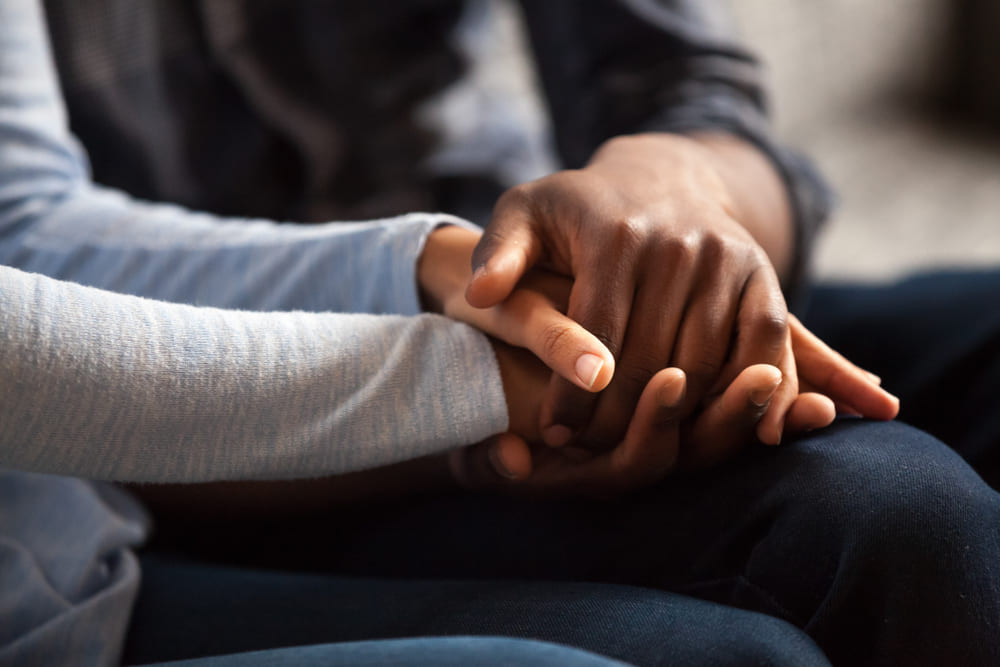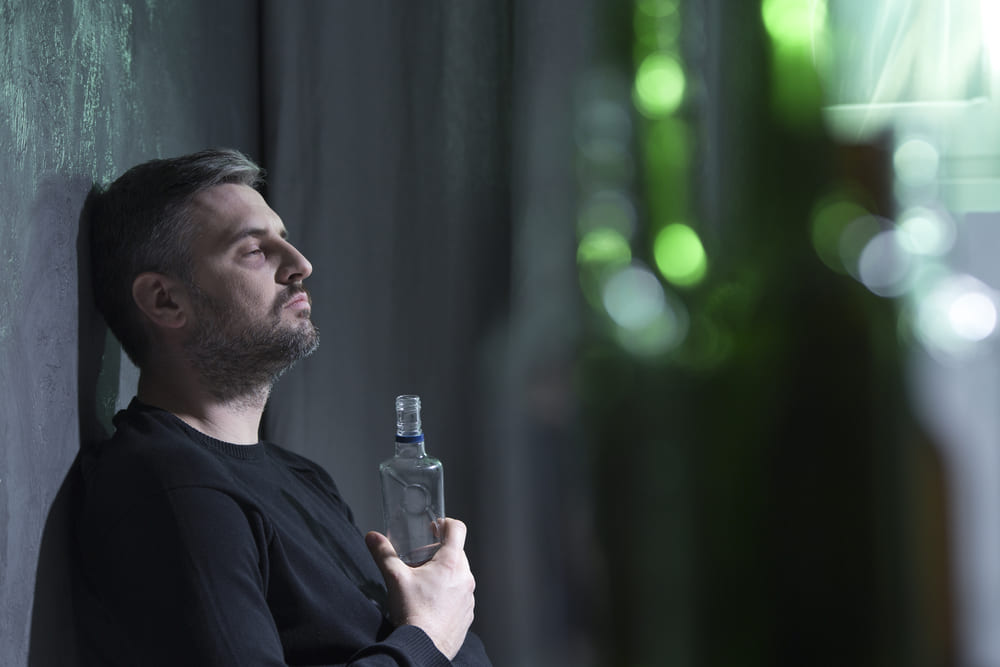Table of Contents
TL;DR:
- Addiction is a disease that affects both the individual and their loved ones.
- Loving someone with addiction can be emotionally challenging with broken promises, communication breakdowns, financial strains, codependency, and potential relapses.
- Treatment programs and support groups can offer hope and guidance for both individuals struggling with addiction and their loved ones.
Whether it’s a partner, family member, or close friend, the toll addiction takes on relationships is undeniable. It’s a battle fought on two fronts – the addict’s struggle with their own demons and the loved one’s struggle to understand, cope, and support.
If you find yourself in this position, then you know how isolating and confusing this experience can be. You’re not alone in this journey.
Today, we’re going to shed light on the complex landscape of loving someone with addiction. We’ll explore six common challenges while also offering support, validation, and a path toward healing.
1. Emotional Rollercoaster
Loving someone with addiction often feels similarly to loving someone with severe mental illness. Those who have gone through the experience describe it like riding an emotional rollercoaster, with frequent and unexpected twists and turns.
One moment, you may feel intense love and compassion for your partner. You remember the person they are beneath the addiction. The next moment, you may be overwhelmed with anger when your partner chooses drugs over you, their family, and their well-being.
This emotional turmoil can leave you feeling trapped in a cycle of guilt, questioning whether you’ve done enough to help.
It’s important to remember that you’re not alone in this struggle. Seeking support from therapists, support groups, or trusted friends can be invaluable in navigating this emotional time.
2. Broken Promises
Broken promises are a common issue in relationships impacted by addiction.
If your partner is struggling with addiction, they might sincerely promise to quit or get help. Yet, the strong influence of addiction can cause them to break these promises.
This often results in feelings of pain, disappointment, and betrayal for you. As these broken promises accumulate, trust diminishes, making it hard to have faith in any future commitments they make.
Learning how to deal with addiction in a relationship involves recognizing that broken promises are usually a symptom of the addiction, not a sign of how much your partner cares.
It’s important to be compassionate, but you also need to protect yourself from further pain. This means setting clear boundaries and being clear about what you expect while understanding that you can’t control your partner’s actions or decisions.
3. Communication Breakdown
Addiction can seriously hinder healthy communication in a relationship.
When someone is dealing with substance abuse, their addiction often takes over their thoughts and actions. This makes it hard for them to have open and honest conversations.
They might also become distant, secretive, or even aggressive, which makes it tough for their loved ones to share their own feelings and needs. This communication breakdown can cause feelings of loneliness and resentment.
This often raises the question, “Can a drug addict truly love someone?”
It’s important to remember that addiction is a disease that affects a person’s thoughts, feelings, and behaviors. Their ability to express love and connection can be greatly hindered by their struggle. This doesn’t mean they don’t love; it just makes it hard to express and experience love in a healthy way.
Seeking help from therapy or support groups can be very helpful in dealing with communication problems.
These professionals can:
- Give advice on how to communicate effectively.
- Help those in the relationship express their needs and concerns healthily.
- Offer a safe environment where both partners can feel heard and understood.
4. Financial Strain
Addiction can lead to considerable expenses for both the individual dealing with substance abuse and their loved ones.
Costs can accumulate from various treatments like inpatient rehab, therapy sessions, or medications. There might also be legal fees linked to issues like DUIs or possession charges.
Additionally, missed workdays, job loss, or lower productivity can further impact finances.
These challenges can cause a lot of stress and conflict in a relationship, leading to arguments and hard feelings.
It’s important to talk openly about money issues. Discuss your concerns with your partner, get advice from financial advisors, and look into resources for financial help.
Handling these financial stresses is crucial for both the relationship’s health and the recovery journey of the individual.
5. Codependency
Codependency is a common pattern in relationships impacted by addiction. It involves relying too much on someone else for emotional and psychological support. This can lead to behaviors that unintentionally support the addiction.
In this situation, one person might feel overly responsible for their partner’s actions and well-being, often at the expense of their own needs.
Common signs of codependency include:
- Putting the addict’s needs before your own.
- Making excuses for their behavior.
- Enabling their addiction.
- Feeling low self-esteem and fear of abandonment.
It’s important to recognize these signs to break free from the cycle of codependency.
Therapy or support groups for codependents can offer useful tools and strategies. They can help you set healthy boundaries, build self-esteem, and focus on your own needs.
6. Relapse
Understanding how to love a drug addict means recognizing that addiction is a chronic disease that can involve relapse. While setbacks can be discouraging, it’s important to see them not as failures, but as common steps in the recovery process.
To prepare for setbacks:
- Learn about the nature of addiction.
- Identify what triggers might lead to a relapse.
- Develop strategies to cope with these challenges.
Prioritizing self-care is also crucial.
Loving someone with an addiction can be very draining emotionally and physically. Make sure to take care of your own needs, seek support, and do things that make you happy and fulfilled.
Remember, you can’t help others if you’re running on empty. By looking after yourself, you’ll be better prepared to support your loved one through their recovery, even during tough times like relapses.
Finding Hope and Healing
Understanding these challenges is the first step towards healing and finding effective ways to support both yourself and your loved one.
Learning how to love an addict is a journey of compassion, support, and self-preservation. It’s also an ongoing one. Just as an addict is likely to have relapses, so too are you likely to vascillate between seeing the relationship through rose-colored glasses and experiencing moments of clarity. Likewise, you may struggle with setting healthy boundaries while loving from a distance and enabling. This is all normal, and something that we can help with.
At Infinite Recovery, we believe hope is always within reach. Our tailored treatment programs and experienced team are here to guide you and your loved ones every step of the way through recovering from addiction.
Encourage your loved one with addiction to take the first step toward recovery — reach out to us today to find out how.

















